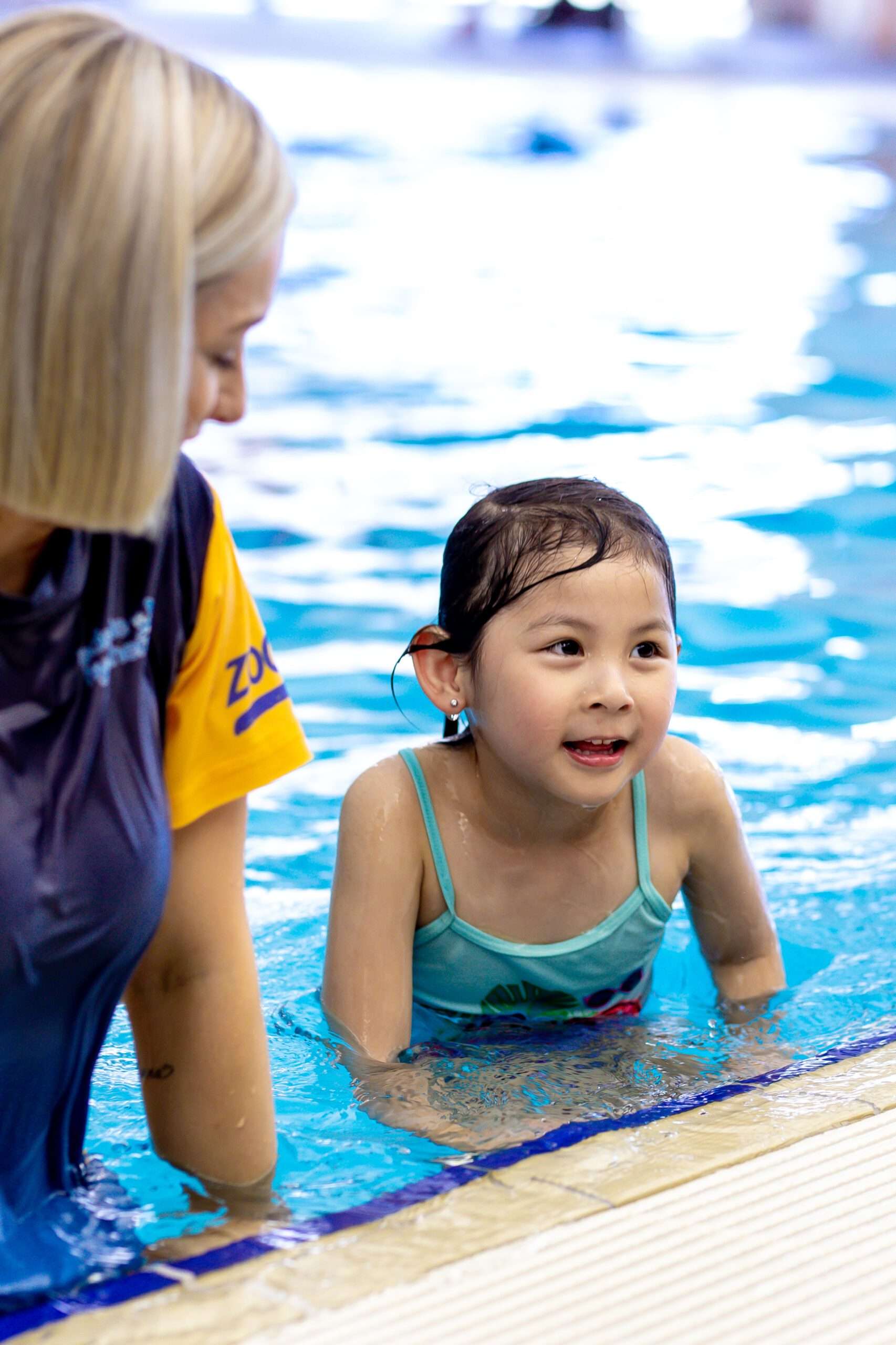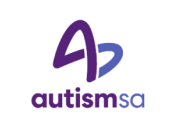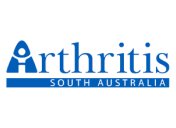Children love to play and be active! For kids, regular physical activity not only helps them to develop healthy hearts, strong muscles and support their mental health, it also helps them learn about the world around them.
For Autistic children, physical activity is equally as important. While each Autistic child is different, Autism is characterised by difficulties in verbal and non-verbal communication, social awareness, moving away from predictable routines and difficulties with gross motor strength and coordination. These underlying skills mean that some of the day-to-day activities that are taken for granted, can be an extra challenge for autistic children. Not only does exercise help autistic kids develop their health and fitness, mental health and provides important moments of social connection, physical activity helps autistic children build social connections to thrive in everyday life.
Here at GymClusion, we pride ourselves on helping Autistic children become the best versions of themselves in our fun therapy programs alongside our caring therapy team. In this article, we’ll take a deeper look at all the things GymClusion offers to your child.
Gross motor skills:
Gross motor skills are the groups of skills that require whole body movements or larger, core-stabilising muscles to perform actions. This includes walking, running, jumping, sitting upright, bike riding, skipping and much more. Recent research showed 87% of children with ASD aged 5-15 years were at risk of movement difficulties. The same study found children with more severe problems in other areas, such as communication and social skills, were also at higher risk for movement problems. Exercise-based therapies with our team of occupational therapists, physiotherapists and exercise physiologists can help to build your child’s postural strength and practise important balance skills through motivating activities and games. That means your child will be working on important foundational skills whilst having lots of fun!
Fine motor skills:
Fine motor skills are the groups of skills that require smaller, more refined movements of the hands and fingers. This includes grasping, holding, pinching and manipulating tools, like cutlery and pencils. It’s important for a child to have stability and control in their bigger muscle groups before they are able to make smaller, more controlled movements with their hands and fingers. This can mean that for Autistic children, they have difficulty with hand strength, moving objects around within their hand, reduced grip strength and difficulty coordination small movements like beading, threading, tying shoelaces and using a pencil. Our team or occupational therapists help to assess your child’s fine motor skills and engage your child in a range of different activities to strengthen the muscles in their hands and fingers.
Social skills and developing confidence:
Research suggests that autistic children who participated in physical activity programs showed increased development of their social skills. Group therapy sessions at GymClusion focus on your child achieving their goals alongside others. This provides important moments of teamwork, sharing encouragement and taking turns in the exercise-based activities. As you can schedule weekly or fortnightly sessions for your child, GymClusion offers a supportive and caring environment where your child can make friends outside of the classroom.
Building resilience and flexibility:
Flexibility and resilience are important skills that help children move through challenging situations with greater ease. For autistic children, flexible thinking can present as a challenge. This can often cause children to feel “stuck” or triggering meltdowns if things don’t go according to plan. Group therapy sessions at GymClusion focus on your child learning to see different perspectives, consider different options and readjust when activities do not go to plan. As a result, your child will develop their flexible thinking in games with others and practice “changing up” their therapy session activities over time.
Thinking about GymClusion for your child? Click the ‘XXXX’ link on our website to register your interest for GymClusion or email us at XXXX for more information.
References:
Licari, M. K., Alvares, G. A., Varcin, K., Evans, K. L., Cleary, D., Reid, S. L., Whitehouse, A. J. O. (2020). Prevalence of Motor Difficulties in Autism Spectrum Disorder: Analysis of a Population-Based Cohort. Autism Research, 13(2), 298-306. doi:10.1002/aur.2230
Flatters, I., Mushtaq, F., Hill, L. J. B., Holt, R. J., Wilkie, R. M & Mon-Williams, M. (2014). The relationship between a child’s postural stability and manual dexterity. Experimental Brain Research. 232(9): 2907–2917 doi: 10.1007/s00221-014-3947-4
Zhao, M. & Chen, S. (2018). The Effects of Structured Physical Activity Program on Social Interaction and Communication for Children with Autism. Biomedical Research Institute. doi: 10.1155/2018/1825046











